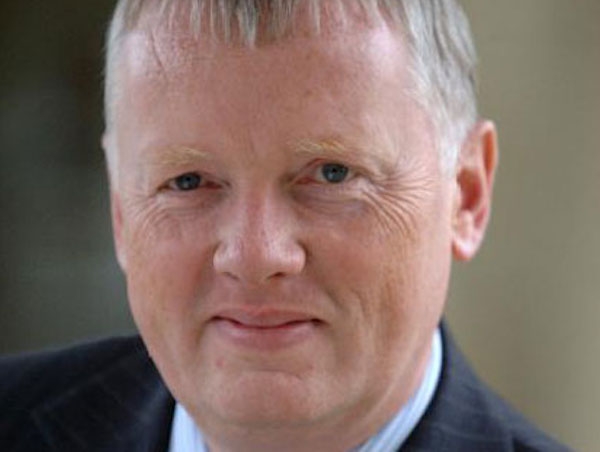A pensions expert has warned that urgent questions need to be answered by the government about where the cash to fund the State Pension will come from following the government’s decision to cut employees’ National Insurance from 10% to 8% from April.
Steven Cameron, pensions director at Aegon, has urged the government to explain where future State Pension funding will come from.
He said: “While Government decisions on setting of NI contribution rates may now be taken separately from increases to the State Pension, there are still official reports on the position of the ‘NI fund’, showing NI contributions received against payments made year on year.”
The Government’s official ‘Great Britain National Insurance Fund Account for the year ended 31 March 2023’ reports that: “Receipts paid into the NIF are kept separate from all other revenue raised by national taxes and are used to pay social security benefits such as contributory benefits and the state pension.”
But according to the Government’s Actuary Department’s ‘Up-rating report 2024’ published in January, before the NI cut was announced in the Budget, the fund balance could be “exhausted in the next 20 years” without additional financing.
The report explained the projection, “assume there will be no further changes in National Insurance contribution rates, limits and thresholds beyond those announced in the Autumn Statement.”
The Government is yet to revise its predictions, which said the fund would peak at £84bn at the end of the 2023/2024 financial year, before reducing each year thereafter up to 2028/2029.
The 2p NI cut is likely to mean that the yearly reductions will be much more severe, which is likely to put the fund under extreme stress, while the projected rise in the number of State Pension recipients increase the fund’s expenditure relative to income.
The Treasury does have provisions to make special one-off payments from general taxation to prop up the fund, Steven Cameron pointed out.
But he added: “So even if NI contributions are not specifically earmarked, with NI already substantially cut and the potential for it to be scrapped, we need longer term clarity from whoever is in power on where the money for State Pensions will come from.”

